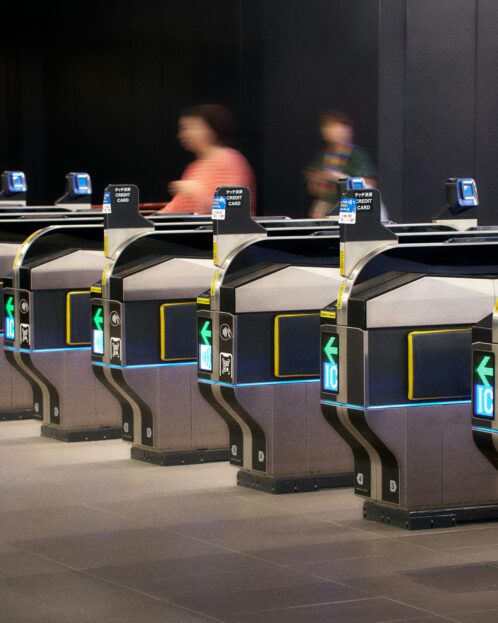04 July 2025
Container Detention Charges: A Growing Concern in Australia’s Freight Sector
In recent years, container detention charges have emerged as a contentious issue within Australia’s freight and logistics industry. These charges—levied by shipping lines when containers are returned late—are intended to incentivise timely returns. However, as NineSquared’s 2023 analysis reveals, the frequency and application of these charges have raised significant concerns among cargo owners, transport operators, and policymakers.
Understanding Container Detention Charges
Container detention charges are essentially late return fees imposed by shipping lines. When importers or exporters hire containers, they are typically granted a ‘free time’ period—usually one week for imports and two weeks for exports. During this time, containers can be picked up, loaded or unloaded, and returned without incurring additional costs. Once this period expires, daily charges apply, often increasing over time.
These charges are designed to ensure containers are returned promptly, allowing shipping lines to maximise utilisation and revenue. However, the escalation of fees and the rigidity of their application have led to growing frustration across the supply chain. NineSquared’s research highlights how major shipping lines such as ANL, COSCO, Hapag-Lloyd, Maersk, ONE, and OOCL structure their detention fees, with rates rising sharply after the free period and remaining high thereafter.
Industry Concerns and Operational Challenges
Stakeholders across the transport sector have voiced concerns about the fairness and transparency of detention charges. NineSquared’s earlier study of the NSW empty container supply chain identified systemic issues that have only intensified in recent years.
Reports from the Productivity Commission (PC) and the Australian Competition and Consumer Commission (ACCC), along with commentary from industry bodies like the Freight and Trade Alliance (FTA) and Container Trade Alliance Australia (CTAA), underscore the growing unease.
One of the key issues is the increased frequency of charges, rather than a rise in the rates themselves. Shipping lines have shortened free time periods, and in some cases, the clock starts before containers are even available for collection. Additionally, limited capacity at empty container parks and inconsistent responsiveness from shipping lines exacerbate the problem. Cargo owners and transport operators often find themselves penalised for delays beyond their control, with little recourse to dispute the charges.
Economic Impact and Data Gaps
Quantifying the financial impact of detention charges is challenging due to the lack of comprehensive data collection in Australia. However, NineSquared’s illustrative modelling suggests that if just 10% of containers were returned three days late in 2021–22, the total cost to cargo owners and transport operators could exceed AUD$153 million.
Individual operators have reported dramatic increases in detention-related expenses. One company saw its costs rise from $150,000 in 2018–19 to nearly $1 million in 2021–22. Another medium-sized operator faced a $180,000 fee for the late return of 100 containers, despite being unable to move them due to labour and pallet shortages. These examples highlight the disproportionate burden placed on businesses and the urgent need for reform.
Policy and Regulatory Landscape
Currently, shipping contracts are exempt from the unfair contract term provisions of the Australian Consumer Law, limiting the ability of cargo owners to challenge unreasonable fees. Both the ACCC and PC have recommended repealing Part X of the Competition and Consumer Act 2010, which exempts shipping lines from regulations related to cartel arrangements and anti-competitive behaviour. Removing this exemption could foster greater competition and accountability within the sector.
Australia is also observing international developments. In the United States, the Federal Maritime Commission (FMC) introduced a ruling in 2020 that penalises unreasonable detention fee practices. Under this framework, charges are deemed unreasonable if they fail to incentivise timely returns—such as when delays are caused by factors outside the cargo owner’s control. In 2022, shipping giant Hapag-Lloyd was fined US$2 million under this ruling, setting a precedent that Australian stakeholders hope to see replicated locally.
Looking Ahead
As container detention charges continue to impact the freight and logistics industry, there is a clear need for greater transparency, fairness, and regulatory oversight. NineSquared’s analysis provides a foundation for informed discussion and policy development, helping stakeholders navigate the complex landscape of maritime logistics.
Find more insights into our work on freight economics and supply chain strategy.
Connect with our team
Contact




 Discover more Insights
Discover more Insights